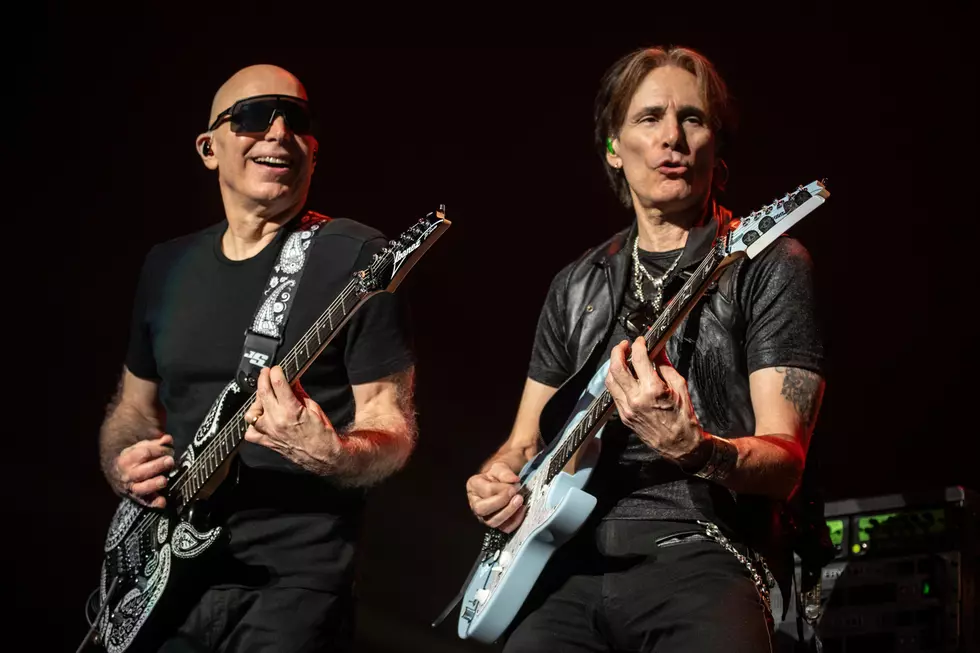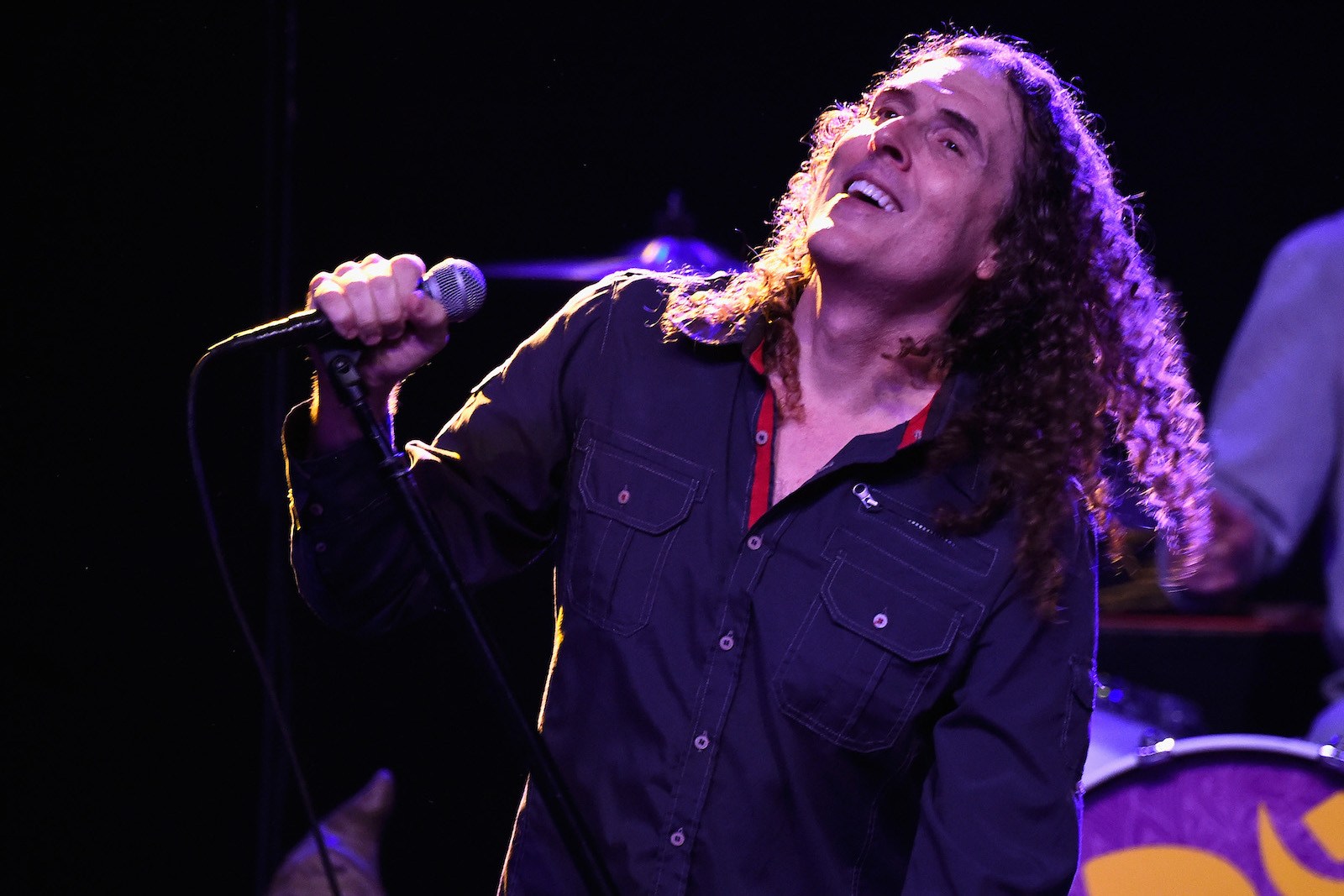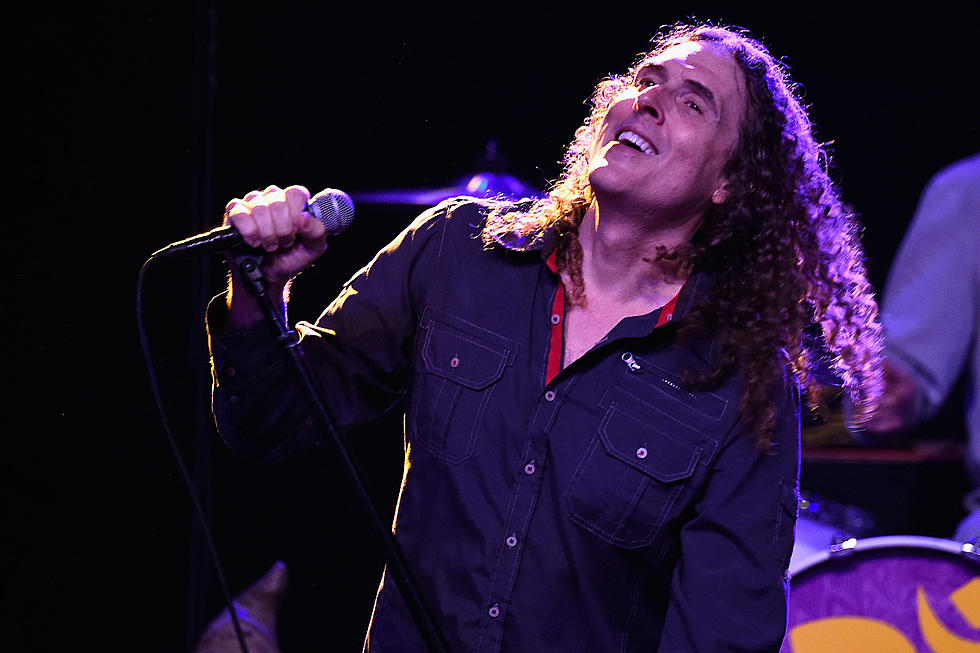
The Looking Glass emerged from the collegiate environment of Rutgers University in New Brunswick, New Jersey in 1969, when a group of musically inclined students formed a band that would eventually capture the nation’s attention with their signature hit. Originally performing as a cover band at local fraternities and clubs throughout New Jersey and Pennsylvania, the quartet developed a dedicated regional following before catching the ear of Columbia Records president Clive Davis, who signed them to Epic Records. Throughout their relatively brief career, Looking Glass released two studio albums: their self-titled debut in 1972, which featured their chart-topping single “Brandy (You’re a Fine Girl),” and their follow-up “Subway Serenade” in 1973, which included their second hit “Jimmy Loves Mary-Anne” that reached #33 on the Billboard charts.
Despite achieving the coveted #1 position on the Billboard Hot 100 with “Brandy” in August 1972, Looking Glass was unable to sustain their initial commercial success, eventually disbanding in 1974 after lineup changes and a shift in musical direction. The group’s legacy, however, extends far beyond their chart performance, as their nautical-themed signature hit has become a cultural touchstone, appearing in numerous films and television shows, most notably in “Guardians of the Galaxy Vol. 2.” After their dissolution, several members went on to form the hard rock band Starz, while frontman Elliot Lurie pursued a solo career before transitioning to film music supervision. Looking Glass briefly reunited for a special “70s Reunion Concert” at Madison Square Garden in 1995, and Lurie later reconstituted the group with new musicians in 2003.
The band’s influence on American pop rock extends beyond their limited catalog, with their blend of melodic sensibilities, storytelling lyrics, and polished production serving as a notable example of the early 1970s Jersey Shore sound. Their most famous song continues to resonate with audiences decades after its release, enduring as a radio staple and ensuring the band’s place in popular music history, even as many of their contemporaries from the same era have faded from public memory. Despite being often categorized as a one-hit wonder, Looking Glass created a musical legacy that has stood the test of time, with their work being rediscovered by new generations of listeners drawn to their distinctive sound and compelling songcraft.
Elliot Lurie
Elliot Lurie was born in Brooklyn, New York on August 19, 1948, and would go on to become the founding member, lead guitarist, principal songwriter, and vocalist for Looking Glass. He formed the band in 1969 while attending Rutgers University, recruiting fellow students to create what would eventually become one of the most recognizable acts of the early 1970s. Lurie’s distinctive voice and songwriting talents were central to the band’s identity, most notably showcased in their #1 hit “Brandy (You’re a Fine Girl),” which he composed and sang lead vocals on. His guitar work provided a melodic foundation for the band’s sound, blending rock, pop, and folk influences that defined their accessible style. On Looking Glass’s self-titled debut album released in 1972, Lurie wrote and sang lead on four of the eight tracks, including their breakthrough hit that would sell over a million copies and become one of the most played radio songs of that year.
During his time with Looking Glass, Lurie continued to develop as a songwriter, contributing tracks to their second album “Subway Serenade” (1973) including their follow-up hit “Jimmy Loves Mary-Anne,” which reached #33 on the Billboard charts. His writing style often featured narrative storytelling with memorable hooks, creating songs that connected with listeners through relatable characters and situations. Lurie remained with the band until 1974, when he decided to pursue a solo career, marking a significant turning point for the group. His departure led to lineup changes that would eventually transform Looking Glass into an entirely different band. As the original creative force behind their biggest hits, Lurie’s voice and compositions defined the sound that most fans associate with Looking Glass, establishing their place in popular music history through his accessible melodies and distinctive vocal delivery.
After leaving Looking Glass, Lurie embarked on a solo career, releasing a self-titled album on Epic Records that, despite positive reviews, failed to achieve commercial success. When his recording career didn’t gain the traction he hoped for, Lurie pivoted to the business side of music, eventually moving to Los Angeles in 1984 where he began a second career supervising music for film and television. He achieved considerable success in this field, working as an independent supervisor and eventually becoming the executive in charge of music for Twentieth Century Fox. His film work included notable projects like “A Night at the Roxbury,” “Alien 3,” and “Die Hard 2,” demonstrating his versatility in the entertainment industry. In more recent years, Lurie has returned to performing, developing shows that feature his vocals and guitar playing, occasionally appearing at oldies shows and special events. He briefly reconstituted Looking Glass with new musicians in 2003, and continues to perform their hits alongside his other material. Throughout his diverse career spanning performing, songwriting, and music supervision, Lurie has maintained a connection to his musical roots while adapting to different roles within the entertainment industry.
Larry Gonsky
Larry Gonsky joined Looking Glass in 1969 as the band’s keyboardist and vocalist, becoming one of the original founding members while attending Rutgers University in New Brunswick, New Jersey. His piano and keyboard work provided essential texture and depth to the band’s sound, complementing Elliot Lurie’s guitar-driven compositions with melodic counterpoints and harmonic foundations. Gonsky remained with the group throughout their commercial peak, contributing to both of their studio albums: the self-titled debut in 1972 and “Subway Serenade” in 1973. His keyboard playing was an integral component of the band’s signature sound, particularly evident on their hit singles “Brandy (You’re a Fine Girl)” and “Jimmy Loves Mary-Anne,” where his parts helped create the lush, radio-friendly arrangements that connected with audiences. Beyond his instrumental contributions, Gonsky also provided crucial vocal harmonies that enhanced the band’s melodic approach, blending seamlessly with Lurie and bassist Pieter Sweval to create the group’s distinctive vocal sound.
After Elliot Lurie’s departure in 1974, Gonsky remained with the evolving lineup as the group released one final single called “Highway to Hollywood” (which Gonsky wrote) under the slightly altered name “Lookinglass.” When the band transformed into Fallen Angels later that year, Gonsky continued with the new incarnation briefly before departing following the addition of second guitarist Richie Ranno. This marked the end of his involvement with the band as it evolved further into the hard rock group Starz. During his time with Looking Glass, Gonsky demonstrated versatility as both a keyboardist and vocalist, adapting to the band’s evolving sound while maintaining the melodic sensibilities that defined their work. His contributions to their arrangements helped shape the polished, commercial appeal that allowed them to stand out on radio playlists during the early 1970s.
After his time with Looking Glass, Gonsky maintained a lower public profile than some of his former bandmates, though he continued working in the music industry as a keyboardist and composer. He participated in the Looking Glass reunion at the “70s Reunion Concert” held at Madison Square Garden’s theater in March 1995, joining fellow original members to revisit their hits for nostalgic audiences. While specific details about his later career are less documented than those of Elliot Lurie or the members who formed Starz, Gonsky’s keyboard work remains an essential component of Looking Glass’s recorded legacy. His playing style, which blended elements of rock, pop, and occasionally more progressive textures, contributed significantly to the band’s appeal beyond their hit singles. Though he may not have achieved the same level of individual recognition as some of his contemporaries, Gonsky’s musical contributions were fundamental to the sound that fans associate with Looking Glass during their brief but impactful commercial peak in the early 1970s.
Pieter Sweval
Pieter Sweval (sometimes credited as Peter or Piet Sweval) was born on April 13, 1948, and joined Looking Glass in 1969 as the band’s bassist and vocalist while attending Rutgers University. His melodic bass playing provided the rhythmic foundation that anchored the band’s sound, working in close conjunction with drummer Jeff Grob to form a solid and dynamic rhythm section. On Looking Glass’s self-titled debut album released in 1972, Sweval’s contributions extended beyond bass playing to include songwriting and lead vocals on four of the eight tracks, demonstrating his significant creative role within the group. His vocal harmonies were an essential component of the band’s sound, blending with Elliot Lurie and Larry Gonsky to create the distinctive vocal layering heard on their recordings. On their second album “Subway Serenade” (1973), Sweval continued to contribute as both a bassist and songwriter, with tracks like “For Skipper” and “Rainbow Man” showcasing his folk-rock influences that complemented and contrasted with Lurie’s more pop-oriented compositions.
After Elliot Lurie left Looking Glass in 1974, Sweval remained with the group as it underwent significant changes, eventually transforming into Fallen Angels and later Starz, a hard rock band that would achieve cult status in the heavy metal community. As a founding member of Starz, Sweval’s musical direction shifted considerably from the melodic pop-rock of Looking Glass to a harder-edged sound that would influence future bands like Mötley Crüe and Poison. This transition demonstrated his versatility as a musician and ability to adapt to different styles while maintaining his distinctive bass playing. With Starz, Sweval recorded several albums that built a dedicated following, particularly with their hit “Cherry Baby,” establishing a second chapter in his musical career that contrasted significantly with his earlier work with Looking Glass. His bass playing in both bands showcased technical skill and adaptability, serving different musical contexts while maintaining a solid rhythmic foundation.
Tragically, Pieter Sweval’s life and career were cut short when he died on January 23, 1990, at the age of 41, reportedly due to complications from AIDS. His passing came long before the resurgence of interest in Looking Glass that would accompany the use of “Brandy” in films like “Guardians of the Galaxy Vol. 2” and other media appearances. Despite his relatively brief career, Sweval left a musical legacy spanning two distinct bands with different stylistic approaches, demonstrating his range as a bassist, vocalist, and songwriter. His contributions to Looking Glass helped shape their melodic approach and harmonic depth, while his later work with Starz influenced the development of American hard rock and heavy metal. Though often overshadowed by the massive success of “Brandy,” Sweval’s musical versatility and songwriting made him an integral part of Looking Glass’s creative identity during their brief but impactful tenure on the American music scene of the early 1970s.
Jeff Grob
Jeff Grob (sometimes credited as Jeffrey Grob or Joe Dube) joined Looking Glass as their drummer when the band was reconfigured after the original members graduated from Rutgers University. Unlike the three founding members who had been college classmates, Grob attended a nearby New Jersey community college before connecting with the band. His addition completed the classic lineup that would record their self-titled debut album in 1972, featuring their chart-topping hit “Brandy (You’re a Fine Girl).” Grob’s solid, steady drumming provided the rhythmic backbone for the band’s sound, working in tight synchronization with bassist Pieter Sweval to create a reliable foundation that allowed the melodic elements to shine. His drumming style, while not flashy, was perfectly suited to the band’s pop-rock approach, emphasizing groove and serving the songs rather than technical showmanship. Throughout Looking Glass’s commercial peak period, Grob’s consistent performance on recordings and in live settings helped establish the band’s reputation for polished, professional musicianship.
Grob remained with the group through their second album “Subway Serenade” (1973) and stayed on as the band navigated significant lineup changes following Elliot Lurie’s departure in 1974. When Looking Glass transformed into Fallen Angels and eventually Starz, Grob continued as the drummer, showing his adaptability as the band’s style evolved from melodic pop-rock toward harder-edged material. His commitment to the evolving project demonstrated versatility and a willingness to grow musically beyond the sound that had initially brought them commercial success. As a member of Starz, Grob adopted the stage name Joe Dube, contributing to albums that would earn the band a dedicated cult following in hard rock circles. This transition showcased his ability to handle different drumming approaches, from the more restrained patterns required for Looking Glass’s hits to the more aggressive style needed for Starz’s heavy rock direction.
After his music career, details about Grob’s later life remain relatively sparse in public records compared to some of his bandmates. He did participate in the Looking Glass reunion performance at the “70s Reunion Concert” held at Madison Square Garden’s theater in March 1995, joining other original members to revisit their hits for nostalgic audiences. Throughout his career spanning both Looking Glass and Starz, Grob maintained a reputation as a reliable, skilled drummer who adapted to different musical contexts while providing consistent rhythmic support. Though he may not have received the same level of individual recognition as frontman Elliot Lurie, his contributions were essential to the sound of both bands he performed with. As the drummer on one of the most recognizable #1 hits of the 1970s, Grob’s playing continues to reach audiences through the enduring popularity of “Brandy” and its ongoing presence in popular culture decades after its initial release.
Michael Lee Smith
Michael Lee Smith joined Looking Glass in 1974 as their new lead vocalist, replacing founding member Elliot Lurie who had departed to pursue a solo career. Smith, a talented singer from Georgia, represented a significant shift in the band’s lineup and sound during its transitional final phase. His recruitment came during a period of major changes for the group, occurring alongside the addition of guitarist Brendan Harkin, which together altered the vocal and instrumental dynamic that had defined their earlier hits. Smith’s tenure with Looking Glass was brief but pivotal, as he fronted the band during its evolution away from the pop-rock sound that had brought them commercial success toward a harder-edged approach. Though he didn’t record any full albums under the Looking Glass name, Smith was part of the lineup when the group released a final single under the slightly altered name “Lookinglass” titled “Highway to Hollywood” in 1974, signaling their stylistic shift as they moved further from their earlier identity.
As Looking Glass transformed into Fallen Angels later in 1974, Smith remained as lead vocalist, becoming the face of this new incarnation. His powerful vocal approach helped facilitate the band’s transition toward a heavier rock sound that contrasted significantly with the melodic pop sensibilities of their hit singles “Brandy” and “Jimmy Loves Mary-Anne.” When Fallen Angels eventually evolved into Starz in 1975 with the addition of second guitarist Richie Ranno and the departure of keyboardist Larry Gonsky, Smith continued as frontman, cementing his role in this new chapter of the band’s history. With Starz, Smith would find a platform better suited to his vocal style, as the band embraced a hard rock direction that would earn them a cult following in heavy metal circles. His distinctive voice became a defining element of Starz’s sound as they recorded several albums that, while never achieving mainstream success comparable to Looking Glass’s #1 hit, established a dedicated fanbase and influenced future metal acts.
Throughout his career with Starz, which extended well beyond his brief tenure with Looking Glass, Smith demonstrated considerable range and power as a vocalist suited to hard rock material. His performance on Starz tracks like “Cherry Baby” showcased a rawer, more aggressive approach than the polished pop of Looking Glass’s earlier work. Smith’s ability to front a band that would be cited as an influence by acts like Mötley Crüe, Poison, and Twisted Sister highlights his significance in the evolution of American hard rock, despite his limited involvement with the band name that first brought his bandmates fame. While Smith may not be the voice most listeners associate with Looking Glass’s biggest hits, his role in the band’s transformation represents an important chapter in their history, bridging the gap between their pop success and the harder rock direction several members would pursue afterward. His vocal contributions helped Starz develop the distinctive sound that would secure their place in rock history, even as their commercial profile never matched the earlier success of Looking Glass.
Brendan Harkin
Brendan Harkin joined Looking Glass in early 1974 as a guitarist, arriving at a pivotal moment in the band’s history as they navigated significant lineup changes following the departure of founding member Elliot Lurie. His addition represented part of a substantial restructuring of the group that would ultimately transform their sound and direction. Harkin’s guitar playing brought a fresh perspective to the band, helping to reshape their musical approach as they moved away from the pop-oriented material that had defined their commercial peak toward a harder-edged rock sound. Though his tenure with the Looking Glass name was brief, his role was significant in facilitating their stylistic evolution during this transitional period. Harkin performed with the band when they released a final single under the slightly altered name “Lookinglass” titled “Highway to Hollywood” in 1974, marking one of the last recordings before the group underwent further transformation.
As Looking Glass evolved into Fallen Angels later in 1974, Harkin remained with the lineup, continuing to develop the band’s shifting sound alongside new vocalist Michael Lee Smith and original members Pieter Sweval and Jeff Grob. His guitar work during this period helped bridge the gap between the melodic pop-rock approach of Looking Glass’s hits and the harder rock direction they were pursuing. When Richie Ranno joined as a second guitarist in September 1975, the band’s sound evolved further, completing their transition toward the heavy metal style that would define their next incarnation. With the departure of keyboardist Larry Gonsky and the addition of Ranno, Fallen Angels transformed into Starz, a hard rock band that would develop a dedicated cult following despite never achieving the mainstream commercial success of Looking Glass’s chart-topping hit.
With Starz, Harkin continued to develop as a guitarist in a more aggressive rock context, contributing to albums that would influence future metal bands like Mötley Crüe and Poison. His guitar work, often paired with Richie Ranno’s complementary style, helped establish the band’s sound as they carved out their place in the American hard rock scene of the mid-to-late 1970s. Though Harkin’s involvement with the Looking Glass name was limited to a transitional period near the end of the band’s original run, his role in the evolution toward Starz demonstrated his adaptability and willingness to embrace a different musical direction. While he may not be associated with the melodic pop hits that made Looking Glass famous, Harkin’s contributions to the band’s later phase and subsequent projects represent an important chapter in the overall story of these musicians and their evolving creative journey. His guitar playing helped connect two distinct musical eras for these band members, from their pop chart success to their hard rock credibility.
Richie Ranno
Richie Ranno joined the evolving lineup of what had been Looking Glass in September 1975, coming aboard as a second guitarist during the band’s transitional period after they had already rebranded as Fallen Angels. Though never technically a member of Looking Glass itself, Ranno’s addition represents a significant milestone in the journey of the musicians who had originally achieved fame with that band name. His arrival came at a crucial moment in their evolution, providing additional guitar firepower that helped complete their transformation from melodic pop-rock toward a harder-edged heavy metal sound. Ranno’s joining coincided with the departure of original Looking Glass keyboardist Larry Gonsky, marking a definitive shift away from the keyboard-inclusive arrangements that had characterized their earlier material. This lineup change, alongside the addition of a second guitarist, fundamentally altered the instrumental dynamic of the group, facilitating their complete reinvention as a new band with a different musical identity.
Following Ranno’s addition to the lineup, Fallen Angels changed their name to Starz, completing their metamorphosis into a hard rock band distinctly separate from the Looking Glass legacy. With Starz, Ranno established himself as a key creative force, contributing significantly to their sound and songwriting. His guitar work, often featuring dual-guitar harmonies and hard rock riffing, helped define the band’s aggressive approach that contrasted sharply with the accessible pop sensibilities of Looking Glass’s hits. Though Starz never achieved the same level of mainstream commercial success as Looking Glass had with “Brandy,” they built a dedicated cult following and recorded several albums that would later be cited as influential by notable heavy metal acts of the 1980s like Mötley Crüe, Poison, and Twisted Sister. This influence on subsequent generations of hard rock musicians represents a different kind of legacy than the radio-friendly hits associated with Looking Glass.
Throughout his tenure with Starz, Ranno collaborated with former Looking Glass members Pieter Sweval and Jeff Grob (who performed under the name Joe Dube), along with vocalist Michael Lee Smith, creating a body of work that would earn respect in hard rock circles while remaining somewhat underground compared to their previous band’s mainstream recognition. His role in helping transform these musicians’ creative direction demonstrates how artistic evolution can lead band members from pop chart success to cult hero status in a different genre entirely. Though Ranno’s career intersected with the Looking Glass story only at its conclusion, his part in the continued musical journey of these performers illustrates the dynamic nature of band evolution and the diverse paths musicians often take throughout their careers. While the Looking Glass name remains primarily associated with their #1 hit “Brandy,” the subsequent Starz chapter featuring Ranno represents an important extension of these musicians’ creative legacy beyond their brief pop stardom.
Check out more The Looking Glass articles on ClassicRockHistory.com Just click on any of the links below……
Read More: Classic Rock Bands List And Directory
Complete List Of The Looking Glass Band Members article published on ClassicRockHistory.com© 2025








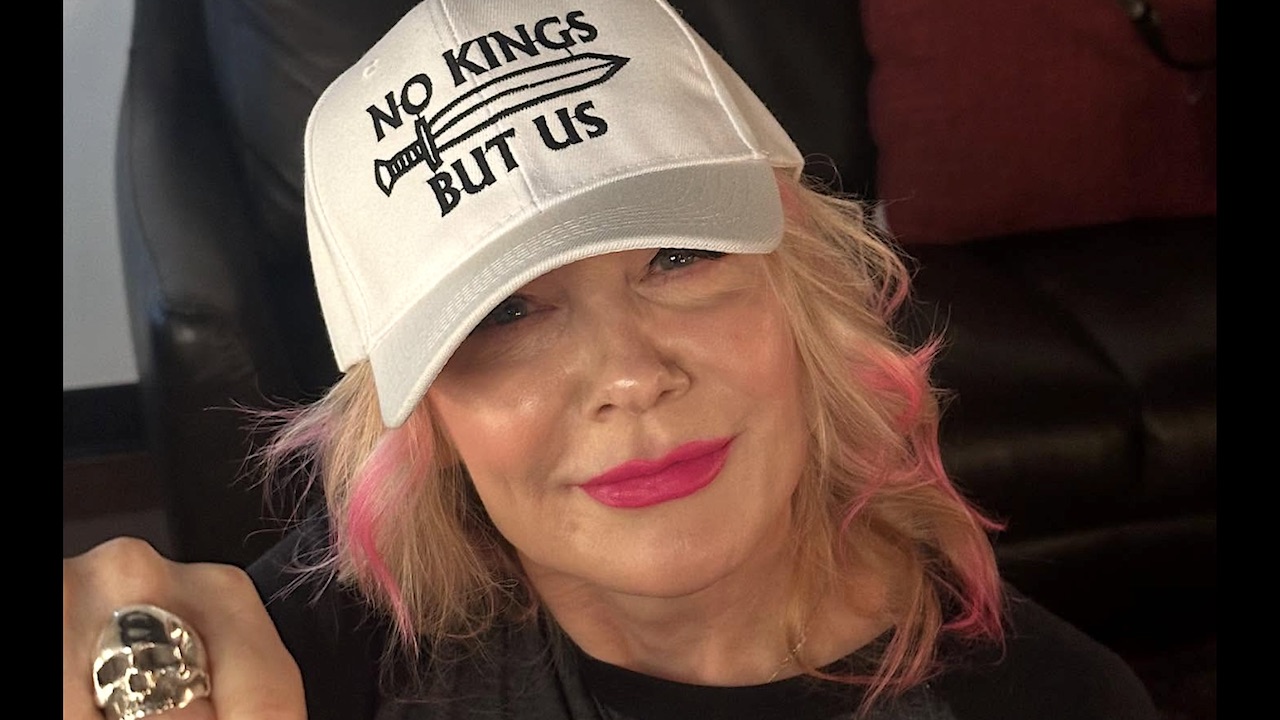

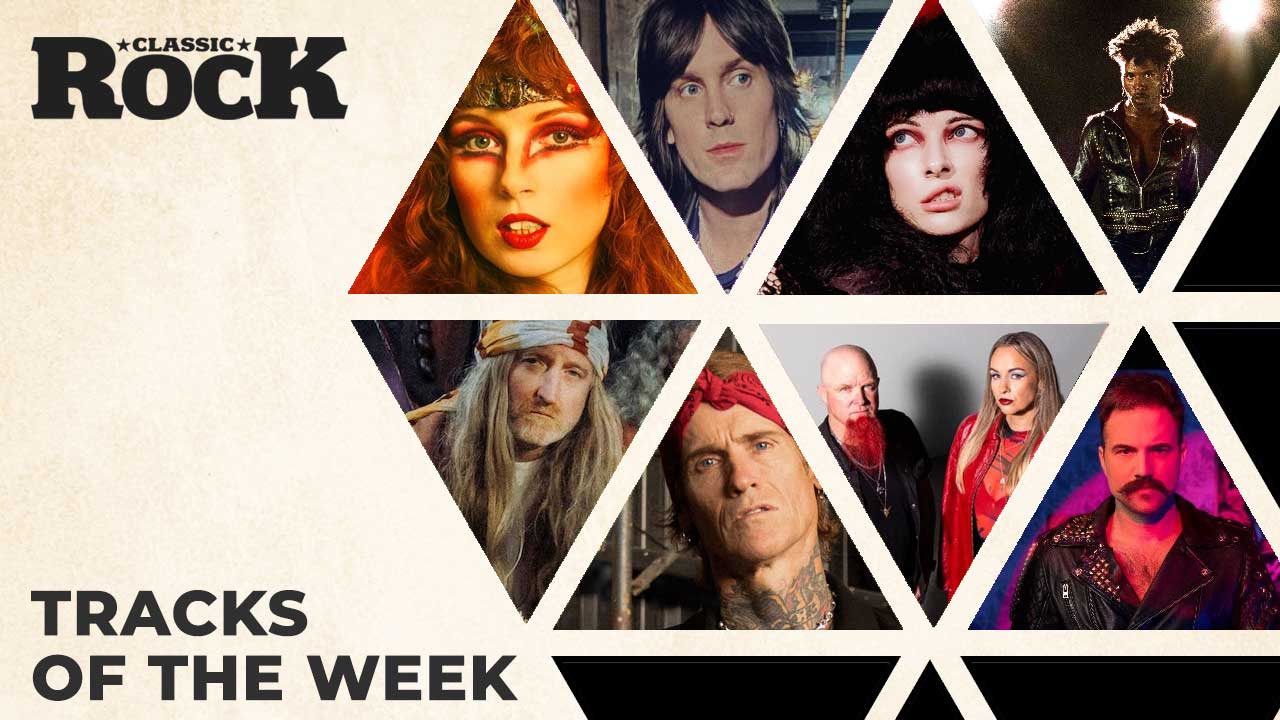



![Tuk Smith & the Restless Hearts - Troubled Paradise [Official Music Video] - YouTube](https://img.youtube.com/vi/IaHXUY6CXSg/maxresdefault.jpg)










